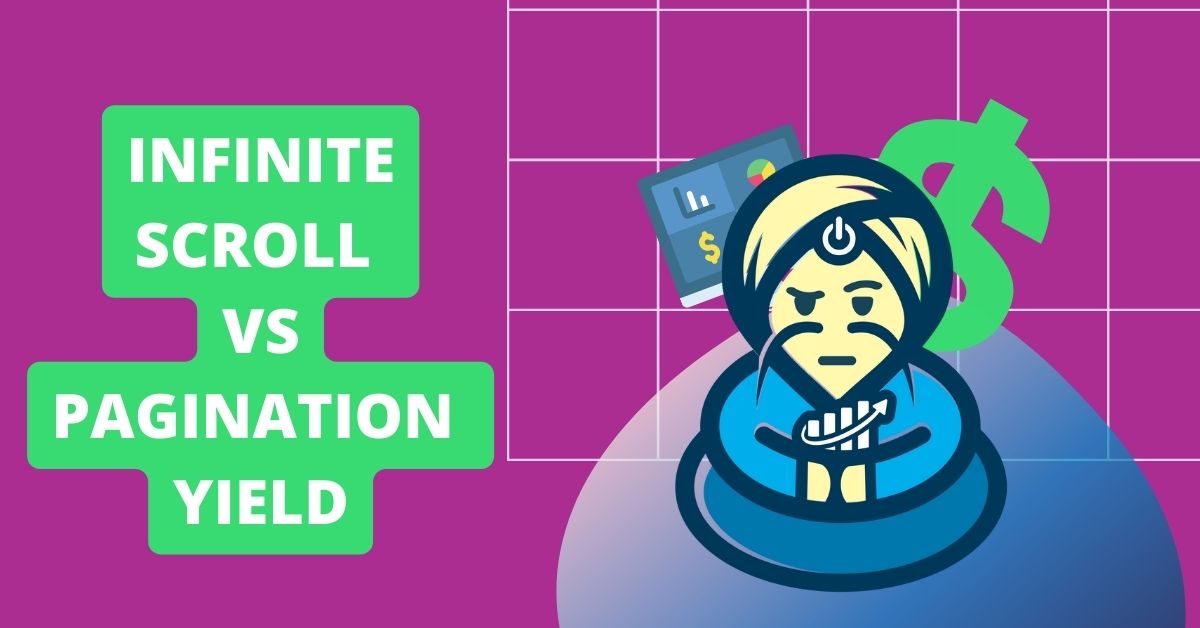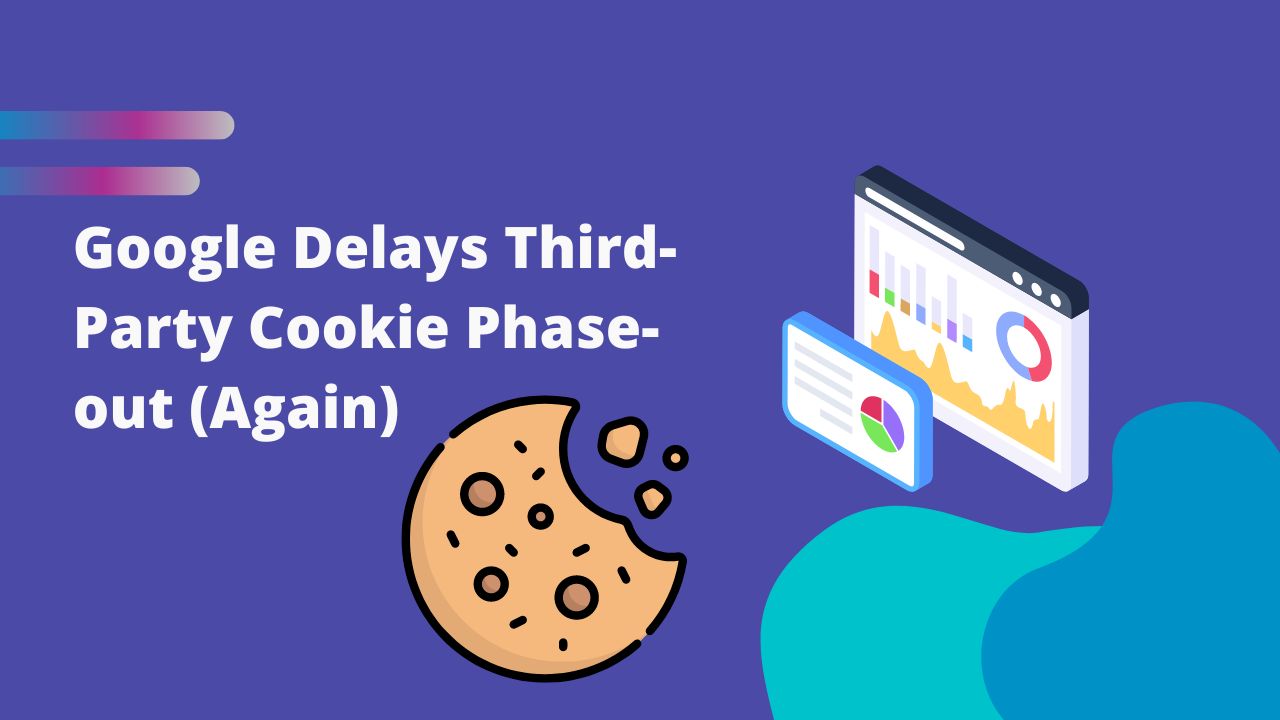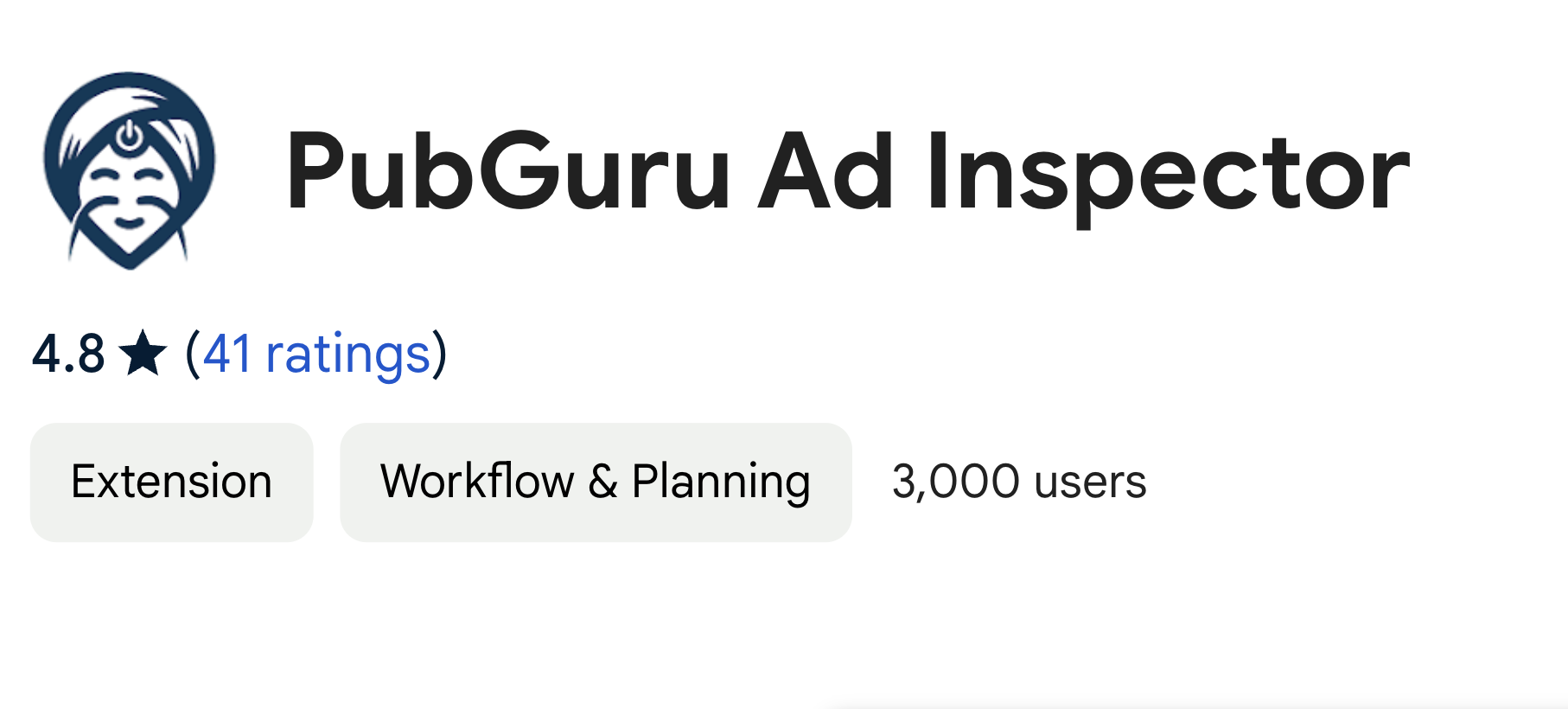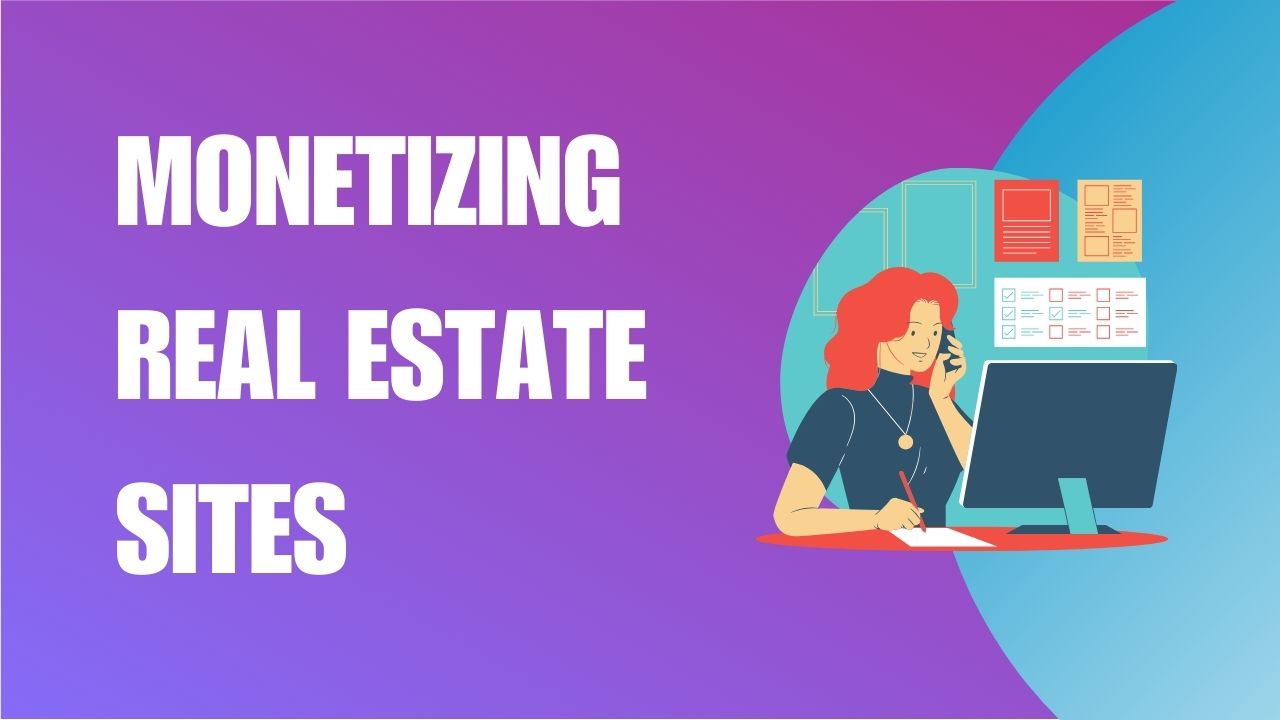
In the web browsing world, many websites have evolved their content navigation strategy by breaking content into pages – typically called pagination.
On the other hand, in infinite scrolling, the site or app delivers an ongoing flow of new content as the user scrolls down the page. A publisher has to consider how users navigate through their content and the effects it could have on monetization.
Navigation is important from a usability perspective and critical for user engagement and conversions.
Lazy loading can increase the overall viewability, but the equation is not very simple. In cases where a user doesn’t scroll down, ads that are below-the-fold will never load, and there will be fewer ad requests.
However, if the ad size is too large or loads too late, for example, when the user scrolls down faster than the ad loads, the user won’t be able to view the ad.
As a user scrolls, hiding previously rendered slots or showing previously hidden slots isn’t the proper implementation of lazy loading and doesn’t improve viewability.
Moreover, when pagination is used, there are high chances that the leaderboard ad a lot will always be viewed because it’s usually the first thing users see on the page. As a user navigates from one page to another, the leaderboard will have higher viewability.
On the contrary, lazy loading will only have one leaderboard at the top, and all the other ad slots will either be inside the content or on the sidebars. Both of these positions will always have less viewability.
The decision of using Lazy Loading infinite scroll or paginations also depends on the type of content. For instance, if a website provides a social platform, then infinite scroll can be more productive because a user is in discovery mode.
Whereas, if a user is looking for a specific product or information on a particular topic then lazy loading does not provide the ideal environment where a user can quickly find it.
Pagination offers limited engagement to the user so that they can find a particular item immediately. On the other hand, lazy loading provides more interaction to the user, and they tend to spend more time on their first visit.
However, users will have more difficulty in finding a particular item so it can adversely affect the purchase frequency in e-commerce.
A website using pagination loads faster because there is limited content to be loaded on the page whereas continuous scrolling takes a lot of browser’s memory and can hurt overall performance.
When you use infinite scrolling as your method of exploring content, it may make the user stay longer on your web page, and so increase engagement. However, the user won’t be clicking much due to all the glittering content you occupy them with.
Pagination, in contrast, gives the user less time to surf the data and more time decision-making thus clicking the desired information.
As a result, you get a good conversion.
On paper, Lazy Loading yields higher impressions and conversions for advertising. However, in live environments, it’s not always the case. When it comes to implementation, it involves a lot of advanced development work while in pagination, a publisher without in-depth knowledge of web development can implement the tags on a page.
In most cases, the tedious work involved in implementing Lazy Loading generates less revenue than pagination.
Furthermore, if a publisher intends to use Prebid (header bidding) on the website, then it has compatibility issues with the Lazy Loading. Most of the prebid wrappers in the market are not fully compatible with the Lazy Loading.
On the other hand, the implementation of any advanced wrapper is quite easy on websites that use pagination.
Revenue optimization is a critical consideration for publishers when deciding between infinite scroll and pagination. Here are some ways to optimize revenue with each option:
a. Ad Formats: With infinite scroll, publishers have the opportunity to use ad formats that are optimized for user engagement, such as sticky ads or interstitials. Sticky ads remain fixed on the screen as the user scrolls, while interstitials display full-screen ads between content. These ad formats can improve viewability and increase revenue.
b. Refresh Rates: With infinite scroll, publishers can set up ad refresh rates that trigger new ad impressions as the user scrolls. This can help to increase the number of ad impressions and boost revenue.
c. Ad Placements: Infinite scroll allows for more ad placements on a single page, providing more opportunities for revenue. However, it is important to ensure that the ads do not negatively impact the user experience.
a. Page Views: Pagination provides a clear indication of how many pages a user has viewed, which can be valuable information for advertisers. Publishers can use this information to optimize ad placement and refresh rates to increase revenue.
b. User Engagement: Pagination can encourage users to click through to additional pages, increasing the number of page views and ad impressions. This can result in higher revenue if the ads are placed strategically and do not negatively impact the user experience.
c. Ad Placements: Pagination can limit the number of ad placements on a single page, but publishers can optimize ad placements to increase revenue. Placing ads in areas with high user engagement, such as above the fold or near content, can improve viewability and increase revenue.
In both cases, it is important to consider the impact of ads on user experience. Ads that negatively impact user experience can lead to lower engagement and revenue. Publishers should also consider testing different ad formats, placements, and refresh rates to determine what works best for their specific audience and content. By optimizing revenue with infinite scroll or pagination, publishers can maximize their earning potential while providing a positive user experience.
Infinite scroll and pagination each have their own set of advantages and disadvantages. Here’s a dedicated section that presents the pros and cons of each option to help publishers make informed decisions based on the specific needs of their website:
Both infinite scroll and pagination have their own set of advantages and disadvantages. Publishers should consider their specific needs, content, and audience when deciding between these two options. It is important to test and optimize each option to determine what works best for maximizing revenue while providing a positive user experience.
Infinite scrolling is best suited for websites that have user-generated and visual content, e.g., Twitter, Facebook, etc. Pagination is a widely used option, and best for platforms that intend to satisfy the goal-oriented activities of the visitors like Google web search, and so on.
Regardless of which navigation technique you decide to use, it’s essential to test and optimize. A/B testing experiments are handy to analyze the effectiveness of each approach. You can also survey users for feedback.
Because they are the ones using the site, their feedback is of utmost importance. By knowing how they feel about the site structure and whether infinite scroll or pagination is the right solution can help you make your ad optimization decisions more effectively.
Need help choosing between pagination, infinite scrolling, setting up header bidding, optimizing your ad revenue, and more? Sign up for a Professional account at MonetizeMore today!

With over seven years at the forefront of programmatic advertising, Aleesha is a renowned Ad-Tech expert, blending innovative strategies with cutting-edge technology. Her insights have reshaped programmatic advertising, leading to groundbreaking campaigns and 10X ROI increases for publishers and global brands. She believes in setting new standards in dynamic ad targeting and optimization.

Paid to Publishers
Ad Requests Monthly
Happy Publishers



10X your ad revenue with our award-winning solutions.